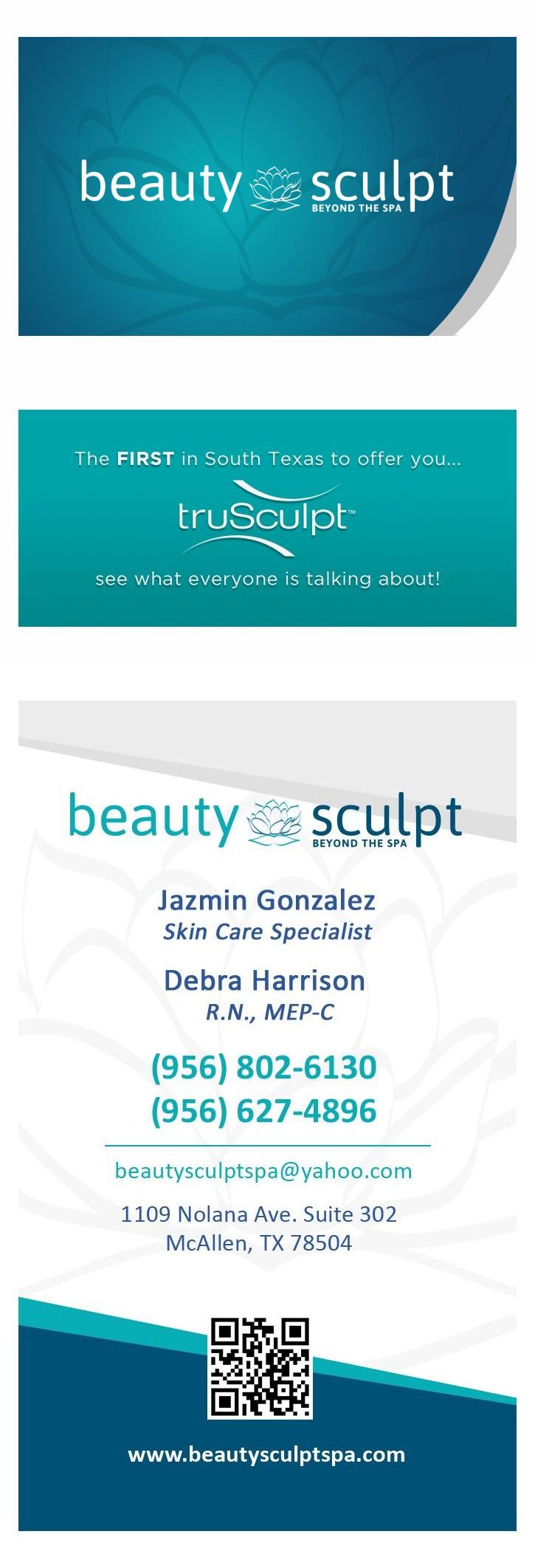Facial Scar Revision & Removal Surgery
Scars are formed when the wound healing process has been altered. Typically the healing process begins with the inflammation of the area, and then the surrounding tissue is formed and developed. The most common aspect that leads to scaring is too little or too much collagen during the healing process.
There are basically three different types of Facial Scars that can be addressed with different forms of Facial Scar Revision Surgery. Keloid scars are firm, and have a raised texture. Often they are reddish-purple in color. These scars tend to extend past the original wound area and continue to build over time. Hypertrophic is the second form of scar. These scars are also firm in nature, and reddish-purple in color. They tend to differ from keloid scars in that they stay within the original wound area. The last main type of injury scar is an atrophic scar. These scars are depressed in nature and can create a “pin-like” texture. Acne tends to be a typical cause of these types of scars. Acne scars can vary greatly in shape, type and color. Some patients experience severe acne during adolescence that can lead to extensive facial scarring.
Facial Scar Revision Surgery is a viable option for individuals that suffer from facial scars. BeautySculptSpa has a reputation for medical innovation and cutting edge techniques. If you suffer from facial scarring and would like to learn more about the options available for treatment, please contact our office for a private consultation appointment.
Coolaser technique Laser Resurfacing is BeautySculptSpa’s recommended form of treatment for Acne Scar Removal. Some alternatives to this procedure would be Microdermabrasion, Topical creams, Chemical Peel, Erbium Laser Resurfacing, and CO2 Laser Resurfacing. Each of these treatments offers unique characteristics. If you are considering treatment for Scar Removal, the professionals at BeautySculptSpa can best help determine the best form of treatment for your specific scarring. Each patient’s needs are different and a Facial Scar Revision Surgery plan is designed for each patient.
Patients that suffer from skin conditions such as psoriasis, cystic acne, and dermatitis may not respond well to laser scar removal. At the private consultation appointment, all skin conditions need to be relayed to the physician to insure that the best treatment plan possible can be selected. Patients that take Isotretinoin for acne must stop taking this medication at least 6 months prior to laser treatment.
If you would like to learn more regarding Facial Scar Revision & Removal Surgery options, please call our office for more information.

